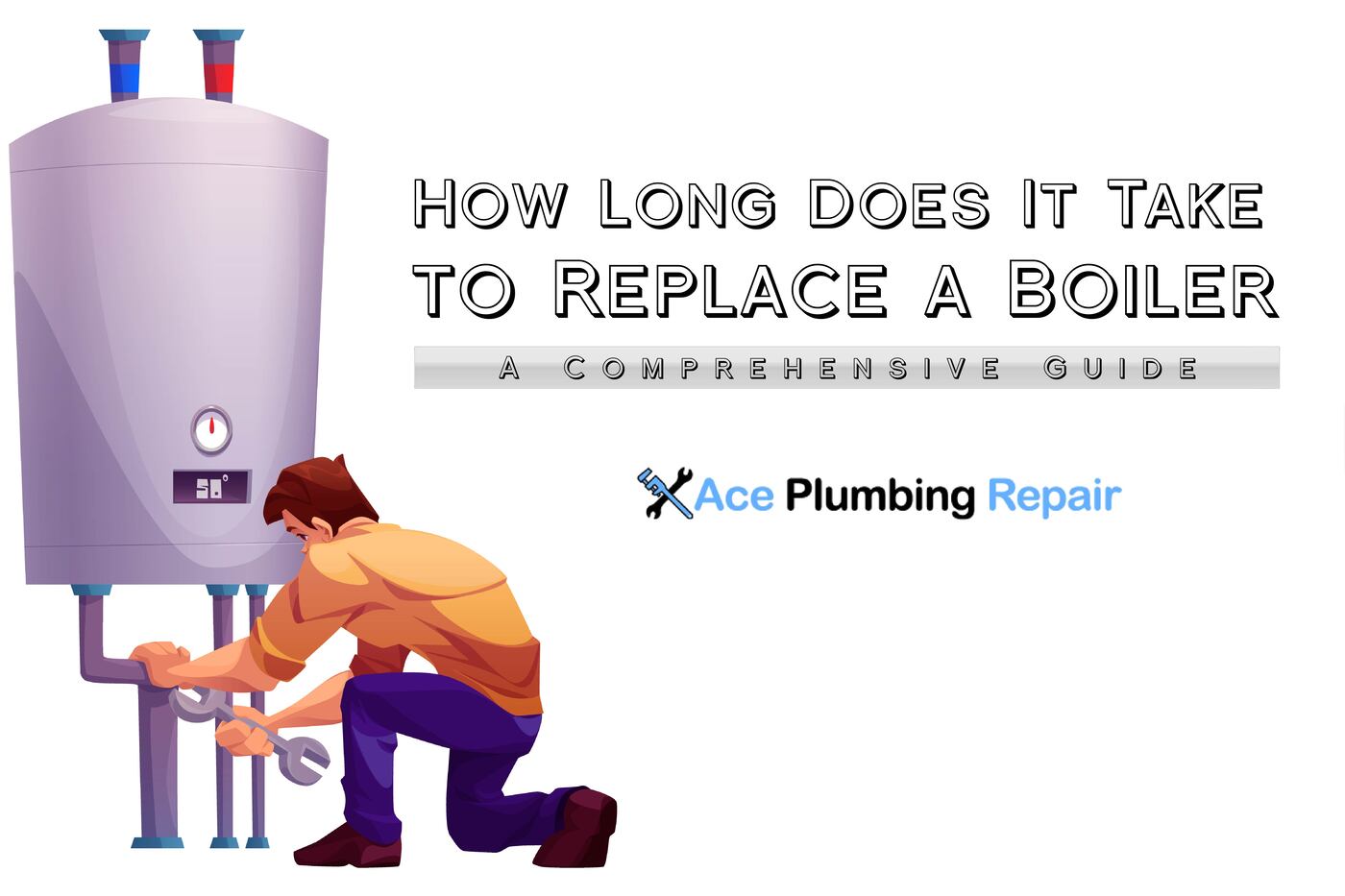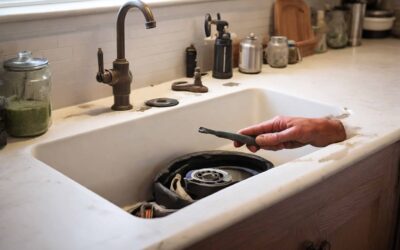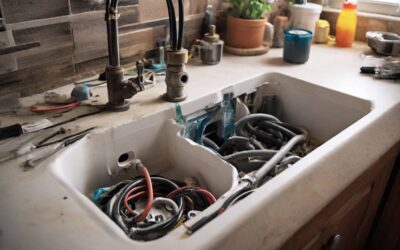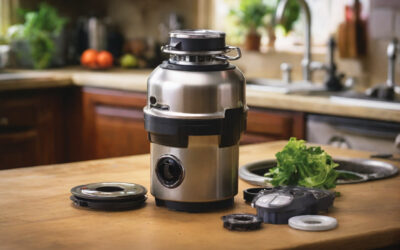The decision to replace a boiler represents a substantial home improvement endeavor that can greatly enhance the comfort and energy efficiency of your household. Yet, before embarking on this important journey, a fundamental question often arises: “How long does it take to replace a boiler?” This inquiry holds significant importance as it directly affects your daily routines and necessitates thorough project planning. Within the confines of this all-encompassing guide, we will not only answer this pivotal question but also meticulously dissect the multifaceted factors that exert influence on the duration of a boiler replacement project. By the time you conclude your reading, you’ll be equipped with invaluable insights, facilitating informed expectations and meticulous preparation.
Understanding the basics of replacing a boiler
Before we delve into the timeline of a boiler replacement, let’s first understand the basic components of the process. A boiler replacement typically involves removing your old boiler and installing a new one. Here are the key steps involved:
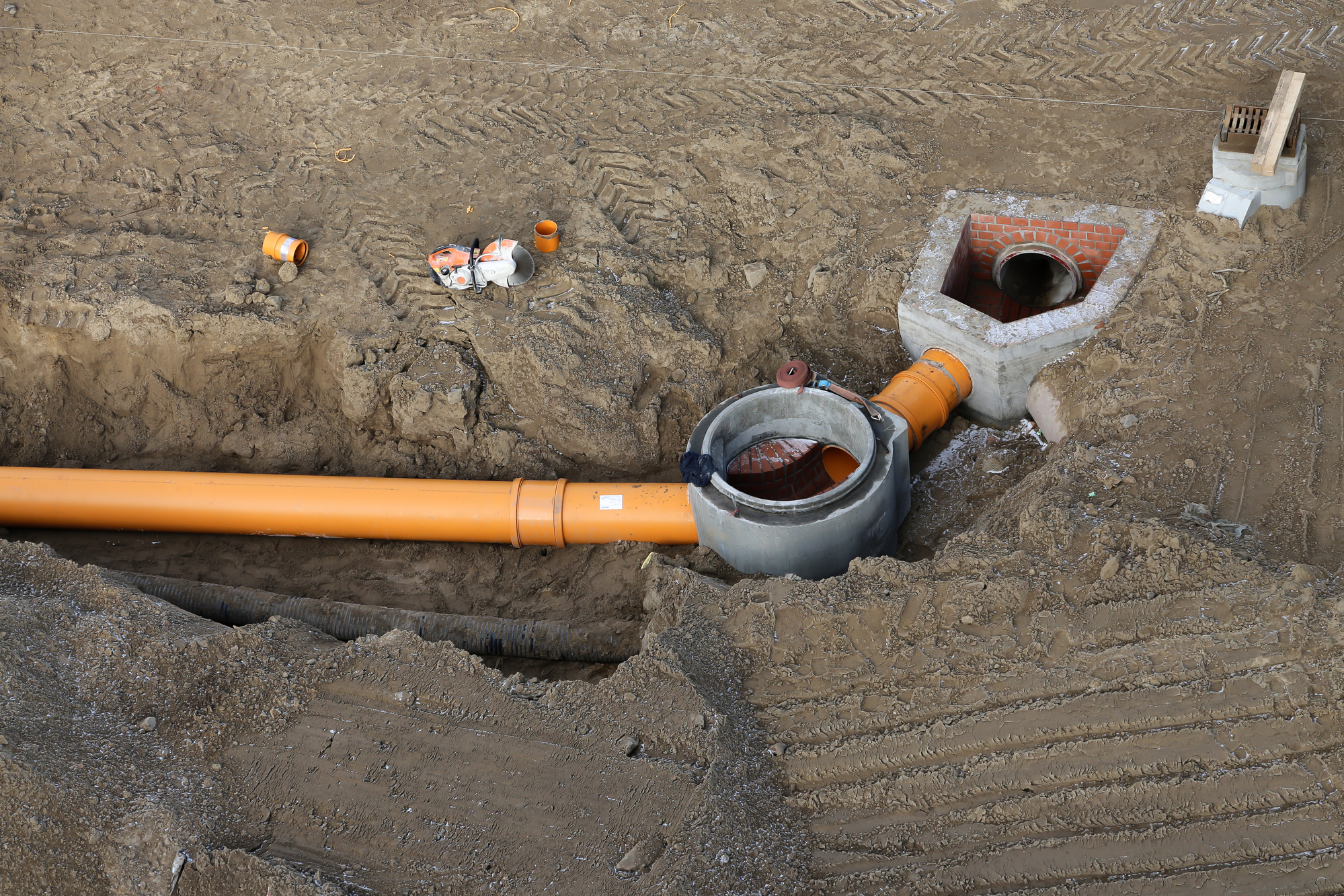
Assessment and planning:
The process begins with a thorough assessment of your current boiler system and heating needs. A professional technician will evaluate factors such as the type of boiler, its condition, and the size of your home. This assessment helps determine the right boiler for your needs and the scope of the replacement project.
Choosing a new boiler:
Once the assessment is complete, you’ll need to select a new boiler that suits your heating requirements and budget. There are various types of boilers, including combi boilers, system boilers, and conventional boilers. Your choice will impact the timeline, as different types may require different installation processes.
Preparation:
Before the installation can begin, the technician will prepare the area where the new boiler will be installed. This may involve removing the old boiler, disconnecting utilities, and ensuring that the space is ready for the new unit.
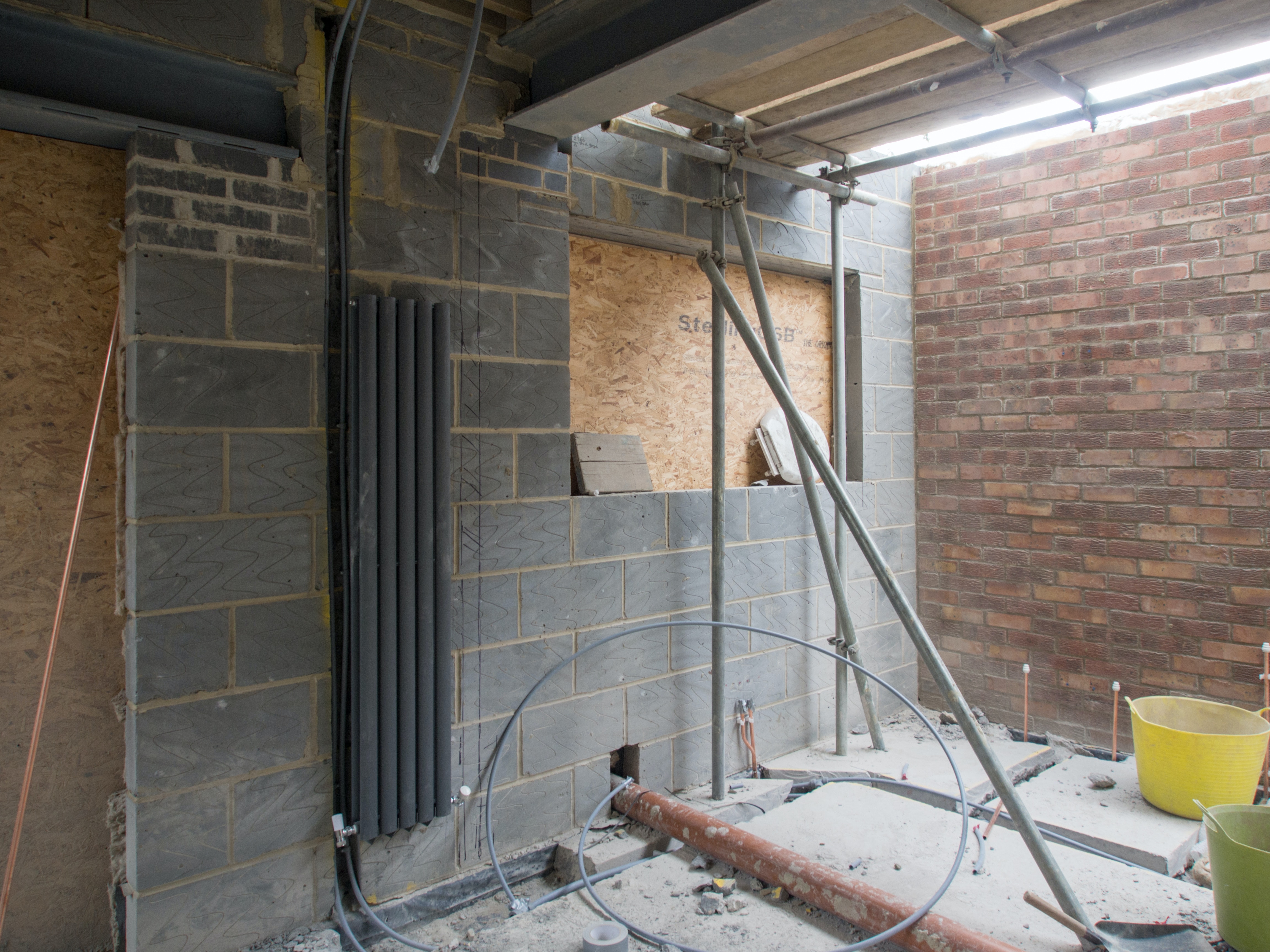
Installation:
The new boiler is then installed according to manufacturer guidelines and local building codes. This step includes connecting the new unit to your heating system, water supply, and gas or electricity source.
Testing and commissioning:
After installation, the technician will thoroughly test the new boiler to ensure it functions correctly. This includes checking for leaks, verifying the pressure, and ensuring that all safety features are operational.
Final inspection:
Once the installation and testing are complete, a final inspection may be carried out to ensure that the installation meets all safety and regulatory standards.
Cleanup and disposal:
Any debris or waste generated during the replacement process will be cleaned up and disposed of properly.
Now that we have a basic understanding of the process, let’s explore the factors that influence how long it takes to replace a boiler.
How long does it take to replace a boiler?
Are you wondering how long it takes to replace a boiler? Replacing a boiler is a significant undertaking, but understanding the timeline is essential for effective planning. Several factors influence how long a boiler replacement project will take, including the type of boiler, the size of your home, and the complexity of your heating system.
Combi boilers typically take 1 to 2 days to replace, while system boilers may require 2 to 3 days. Conventional boilers, with added complexities, can take 3 to 5 days or more.
To ensure a smooth process, plan, select the right boiler, and schedule the replacement during an off-peak season if possible. Hiring a professional and preparing the installation area can expedite the project. Keep in close communication with your heating contractor and stay informed about progress.
Ultimately, the exact duration of your boiler replacement project will depend on your unique circumstances, but with careful planning and the right professional assistance, you can enjoy a warm and efficient home in no time.”
Factors affecting boiler replacement timelines
The duration of a boiler replacement project can vary significantly based on several key factors. Here are the main considerations:
1. Boiler type
Different types of boilers require different installation processes. Combi boilers, for example, are often quicker to install compared to conventional boilers, as they don’t require a separate hot water cylinder. System boilers fall somewhere in between in terms of installation time.
2. Size of the project
The size of your home and the complexity of your heating system can impact the timeline. Larger homes with multiple heating zones may require more time for installation and testing.
3. Boiler location
The location of your boiler can also affect the project timeline. If your boiler is in a hard-to-reach area or needs to be relocated, it may add extra time to the installation.
4. Regulatory approvals
Obtaining necessary permits and approvals can influence the project timeline. It’s essential to ensure that all installations comply with local building codes and regulations, which may add time to the process.
5. Accessibility
The ease of access to your boiler and the installation area can impact the speed of the project. If technicians have to navigate tight spaces or make extensive modifications to reach the boiler, it may extend the timeline.
6. Additional upgrades
If you’re making other upgrades or modifications to your heating system, such as installing new radiators or upgrading your thermostat, these additional tasks will increase the overall project duration.
7. Contractor’s schedule
The availability and schedule of the heating contractor you hire can also affect the timeline. It’s essential to plan and schedule the replacement during a time that works for both you and the contractor.
Estimated time taken to replace a boiler
Given the various factors involved, it’s challenging to provide a one-size-fits-all answer to the question, “How long does it take to replace a boiler?” However, we can offer a rough estimate based on common scenarios:
- Combi Boiler Replacement: On average, replacing a combi boiler in a typical home can take anywhere from 1 to 2 days.
- System Boiler Replacement: If you’re installing a system boiler, the process may take slightly longer, ranging from 2 to 3 days.
- Conventional Boiler Replacement: Conventional boilers tend to have the longest installation times, often requiring 3 to 5 days or more.
Keep in mind that these are general estimates, and the actual timeline for your project may vary. It’s crucial to consult with a qualified heating professional to get a more accurate assessment based on your specific circumstances.
Tips for a smooth boiler replacement
To ensure a smooth and efficient boiler replacement process, consider the following tips:
- Plan Ahead: Start the planning process well in advance to allow time for assessments, permit applications, and scheduling.
- Choose the Right Boiler: Select a boiler that suits your heating needs and budget. Consult with a professional to make an informed decision.
- Schedule Off-Peak: If possible, schedule the replacement during a season when you don’t rely heavily on heating, which can provide more flexibility in the timeline.
- Hire a Professional: Work with a licensed and experienced heating contractor to ensure that the installation is done correctly and efficiently.
- Prepare the Installation Area: Clear the area around your old boiler to make it easier for technicians to work. Remove any obstacles that may hinder access.
- Stay Informed: Stay informed about the progress of the project and ask questions if you have any concerns or uncertainties.
Conclusion
In conclusion, the timeline for a boiler replacement project varies depending on multiple factors, such as the type of boiler, the size of the installation, and regulatory requirements. “How Long Does It Take to Replace a Boiler” is a crucial question to address during the planning phase. While average estimates range from 1 to 5 days, it’s essential to consult with a qualified professional to determine an accurate timeline for your specific situation. Careful planning, proper boiler selection, and proactive preparation can contribute to a smoother and more efficient replacement process, ensuring that you can enjoy a comfortably heated home promptly.

